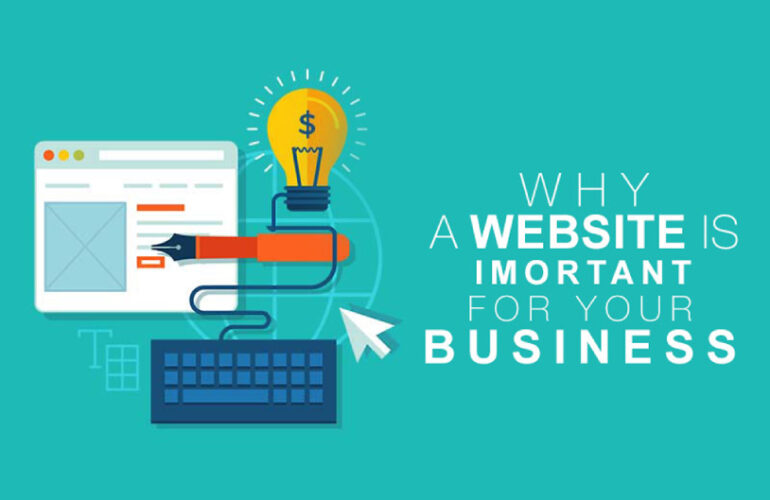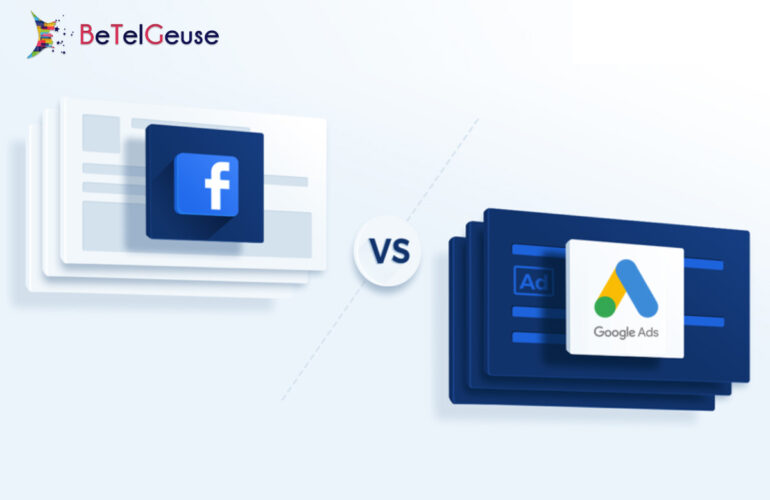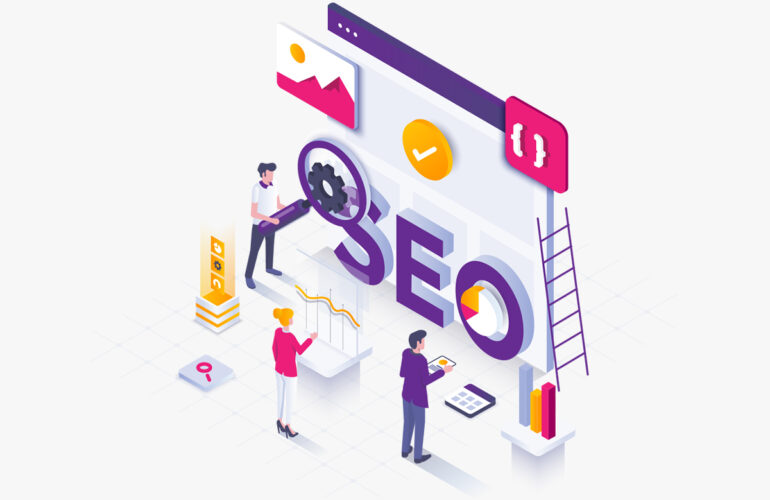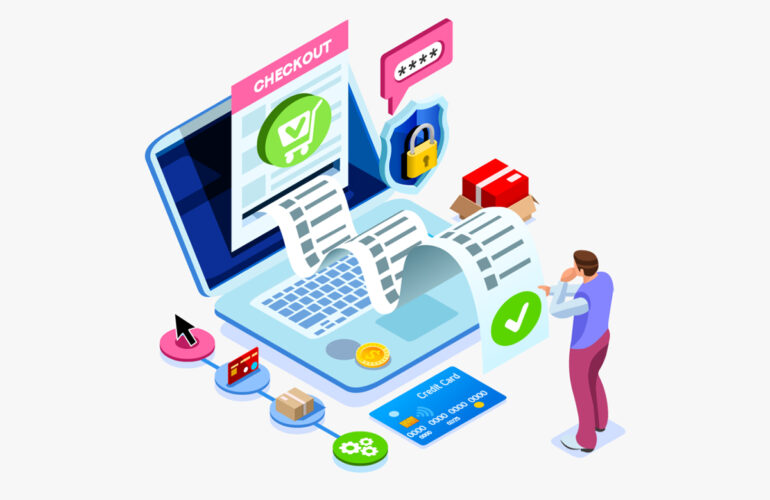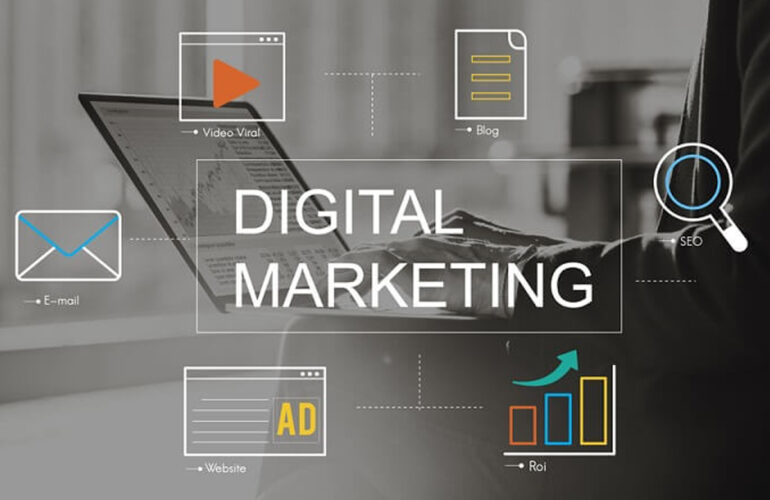Top 5 solid reasons why your business need a website
You do want a website for your business, A GOOD ONE. A white-collar designed, lead magnet, sales booster, brand-differentiating website.
But, why is itimportant to have a website for my business?
Well, this is the first question most of the clients ask when Signify Solutions a Custom Web Development Company suggests they have a website for their business.
The point behind havingyour Search Engine presence (Google, Yahoo, Bing, etc.) is because customer behaviour’s swap over time to adapt to modern technology, and customer behaviour hasalready changed to adapt to the digital age.
1.A website proves yourbrand credibility.
“Where is your officialwebsite?” This is the earliest question you will hear when you tell peopleabout your business. The fact is that people have become smart these days. They
Think 10 times prior to making any business decision.
Over 30% don’t evenconsider a business if it doesn’t have any website. So, if you need people tothink your business is reliable, contact a custom website development company
in India and have a website. Only then they will take you seriously.
PS – If you carefullyintrospect, you would understand that they are not wrong. There are thousandsof business holders out there. They can’t go on trusting everybody and then
Regretting later on. At their place, you would have done the same.
2.A better understanding.
A website can assist youbuild a strong and long-lasting relationship with your clients.
This is how it happens:
- As I have mentionedbefore, a website makes you look credible. This designs an initial level oftrust with clients and inspires them to do business with you.
- While designing awebsite, we keep all important user aspects in mind – such as what users likeand what features make them stay. This assists in offering a great user
Experience.So by having a website,you are establishing trust among customers and offering them a stainless userexperience. So, they hold on and come back for more.
3. You can showcase your products/services in the best way Possible .
Presentation plays acrucial role if you desire people to buy your products or services. This is
Important, especially if you are a start-up where every customer matters.
In that case, it’s also mostimportant that we can showcase our expertise in the best way possible, andhaving a website can help in doing that. It offers you creative freedom. You
Can display your services the way you need
You can use adorableimages, short video tutorials, and downloadable PDF instructions. The sky isthe maximum to what you can do and do you know how allthis can help? Customers gain what they are looking for. So, they remain angularand go nowhere else to purchase. This ultimately assists you in establishing a Loyal customer base.
4. A website makes your brand morevisible.
There is a beautifulrestaurant near my house. The food is stunning, the service is incredible, andthe variety is so wide that you can find just about everything you want to eat.
Despite this, the restaurant has very few visitors.
Every time I pass by, Isee only 8-9 people sitting there and enjoying the food. Reason? Not more peopleknow about it. Now, not only that it is the only restaurant in the city. There
Are many others. Some of them have even constructed an official website.
As a result, they havebeen able to obtain more customers despite having average services and averagequality food.
That’s the difference inhaving a website build. The truth is that a brand without a website is nothingbut a mini boutique. No wonder how good products you sell, how efficientservices you provide – not several people will be able to know about it.
So, if you need yourbrand to shine and people to know about your business, hire an outsourcing team of web developers tohave an official website.
You will notice howsignificantly you have been able to boost your sales and acquire more customers.
5. You can benefit from GoogleSearches.
Having a website canalso get into Google’s search listings, thus making it simple for clients tofind you. Now, one thing you mightbe affordable is: How does it matter? Here’s how:
Back in the old days,when clients had to do business with a company, they used to do a detailedbackground check and contact every previous client to ask about you. Finally,
Only after they were sure, they moved ahead.
But the times havechanged. Clients have become smart. They no longer require to waste timerunning background checks. Instead, they prefer searching on Google. In fact,this is the main thing they will do after they hear the name of your brand.
Now, if you have awebsite and have done it has proper SEO, it will come in the top searches ofGoogle. Apart from this, many people will also be able to find you by using different
Keywords related to your business. This makes you more popular among folks, and
More people are prepared to do business with you.
So, if you want your start-upbecomes famous and clients can easily find you on Google, have a website. Thedecision will importantly benefit you in the long run.
This is how you scoreloyal customers who keep up you and help you grow, which is another big reasonwhy you should contact a web design and development agency to have a website
For your start-up.
You will need to build a web development services company and have a website first. By not having one, you are already allowing them to dominate the business market. No doubt there are some other different ways.
You can employ a dedicated marketing team and spend a heavy budget on promotions and ad campaigns. But that only results in much effort and increased costs. You can have a website designed in almost half the budget.
Also, if you have a website, you have a chance to research and incorporate elements that your competitors are missing. You can get benefit from their weaknesses. So, having a website is much better than not having it at all. At least, you can benefit from it.

